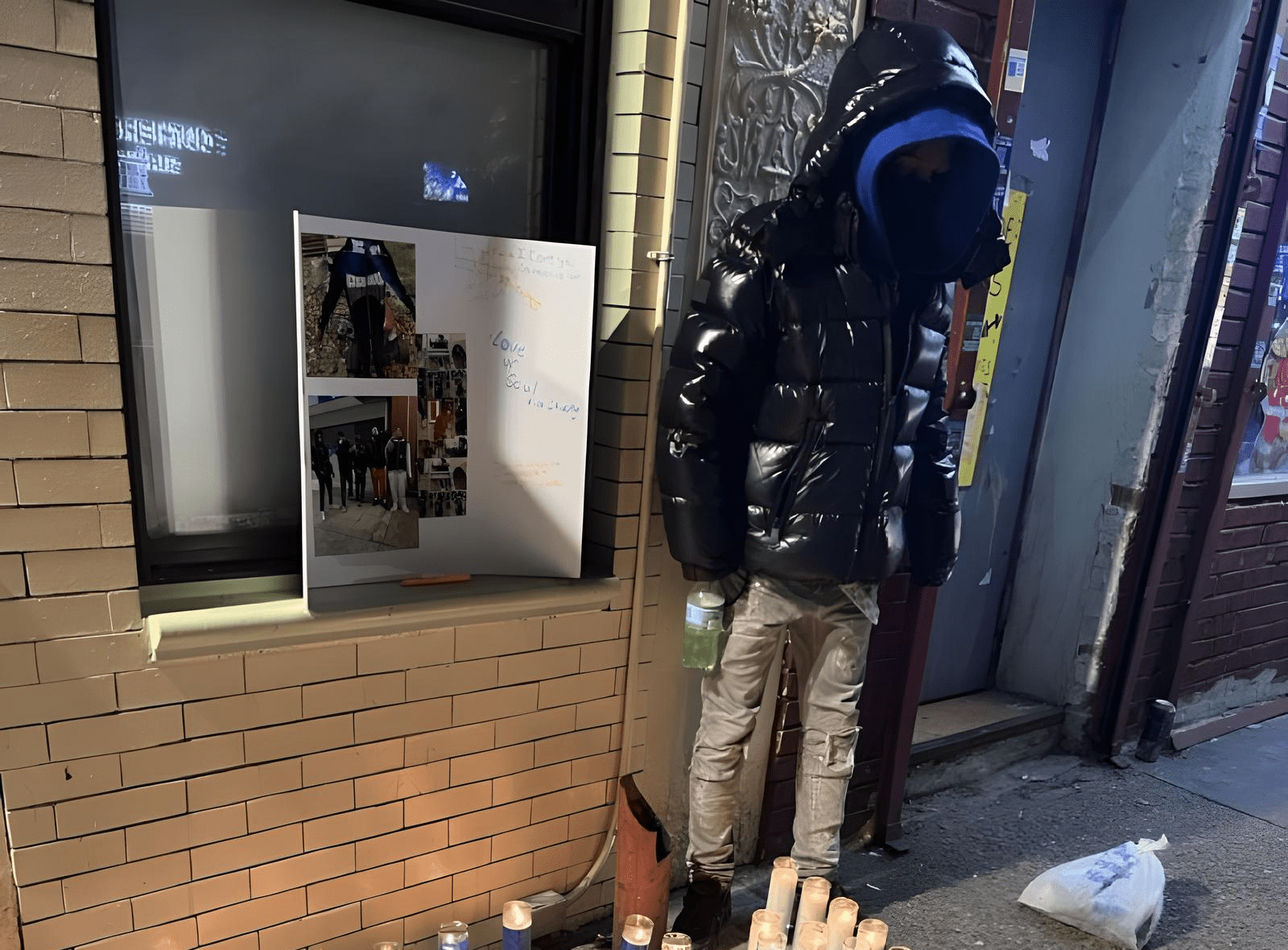
In the heart of Freeman Avenue, Bronx, where street lights cast long shadows and memories run deep, Chucky isn’t just making music – he’s carrying the weight of lost brothers and unfulfilled dreams. His story isn’t polished for radio play; it’s etched in concrete and sealed with sacrifice.
“Free bro this shit drive me insane, no food on my plate will still feed the gang,” Chucky recites, his words cutting through the air like truth itself. These aren’t just lyrics – they’re diary entries written in rhythm, born from nights when dinner was optional but loyalty wasn’t.
The turning point in Chucky’s musical journey came from the deepest kind of pain – the loss of his brother. While some artists manufacture their pain for streams, Chucky’s verses bleed authenticity. Every bar is a testimony to survival, every hook a promise to those he’s lost. “You don’t know all the thought in my brain, but still imma slide and provide for the gang,” he continues, revealing the constant internal struggle between responsibility and reality.
Behind the raw lyrics lies a vision bigger than block fame. “I want my name stamped across the world,” Chucky says, his eyes fixed on something distant. But this isn’t just about personal glory – it’s about writing “passed away friends’ names across the sky,” ensuring that those who couldn’t make it out of the Bronx live forever through his music.
What sets Chucky apart isn’t just his story – it’s his understanding of pain as currency in a game where authenticity is everything. While locked up, his mother’s words became his mantra: “Pray for the best and prepare for the worst.” Those words, spoken through prison visit glass, now echo through his music as he claims he’s “due for a win.”
But perhaps most remarkable is Chucky’s mission to be universal. In a genre often defined by division, he aims to be “someone anybody can listen to.” It’s an ambitious goal, but one that speaks to music’s power to transcend boundaries. His pain might be personal, but his message is universal – survival, loyalty, loss, and the relentless pursuit of better days.
From Freeman Avenue to wherever his music takes him, Chucky carries more than beats and rhymes – he carries the hopes of a neighborhood, the memory of a brother, and the kind of truth that can’t be written, only lived. In an industry full of fabricated stories, his reality hits different. Because when Chucky speaks about pain, about loyalty, about survival – he’s not just making music. He’s documenting history, one bar at a time.
His story isn’t finished. But with every verse, every recording session, every small win, he’s proving that sometimes the deepest pain creates the most powerful purpose. And in the end, that might be what makes him not just different, but necessary in today’s musical landscape.